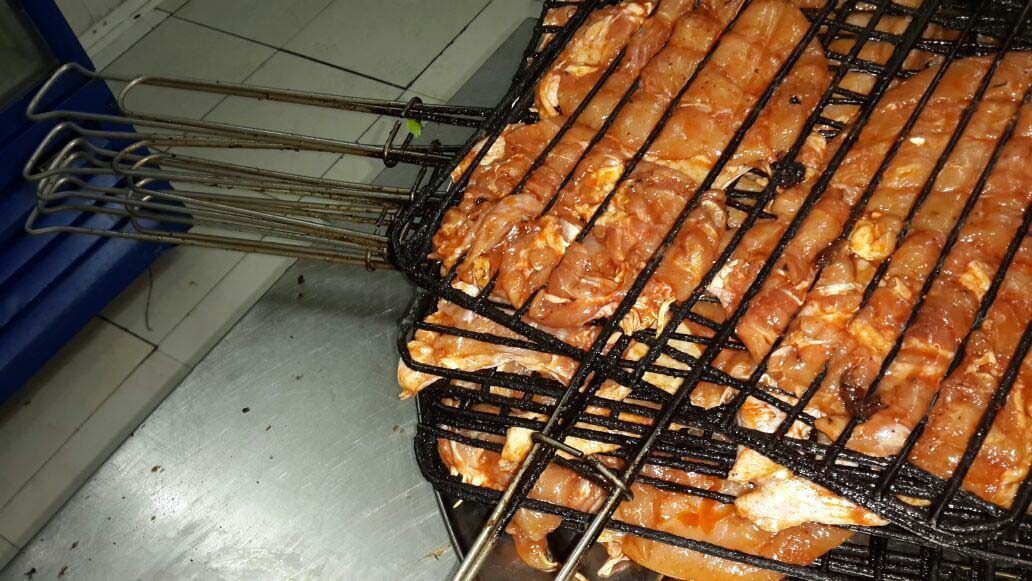
About half a dozen food samples taken from a Marmara Istanbul branch in October tested positively for an excess level of harmful bacteria, a health official testified in a Doha court this week.
The popular Turkish fast-food chain came under investigation when several customers fell ill last year after eating there, including a woman who gave birth prematurely after being rushed to the hospital with severe abdominal pain.

It was closed temporarily, but has since re-opened.
Five restaurant employees from Marmara’s Bin Omran location, including the manager, have been charged with handling and selling food unfit for human consumption, in violation of Qatar’s health code.
If convicted, the restaurant employees – all of whom deny the charges and have pled not guilty – face prison sentences of between six months and a year and/or fines of between QR7,000 and QR15,000 (US$1,922 to $4,119), according to Law No. 8 Regulating Human Food Control, which was updated last year.
Findings
During a court hearing on Monday, the director of food safety and health at the Supreme Council of Health testified that various food samples taken from the restaurant, including labnah, potato salad, grilled chicken and several other dishes did not contain any harmful bacteria.
However, a certain type of rice tested positive for an excess level of bacillus cereus, and foods that tested positively for an excess level of e.coli bacteria included corn salad, green salad, tabouleh, hummus and mayonnaise.

The witness stated that when these two kinds of bacteria are found in excess, they can cause food poisoning, which can appear in the symptoms of light to severe diarrhea.
Around 41 swabs of the restaurant and food samples were taken from Marmara’s kitchen on Oct. 19, two days after the reported incidences of food poisoning.
The witness did not explain the delay in testing, but said that the police first contacted the Ministry of Municipality and Urban Planning (MMUP/Baladiya) to investigate the restaurant.
The Baladiya took the food samples, and handed them over to the central lab at the SCH. The council was also tasked with taking and analyzing swabs of the restaurant equipment, as Baladiya was not equipped to do so.
Though photos published by the Baladiya show what appeared to be dirty and moldy chopping boards, unclean worktops, BBQ grills blackened with caked-on food deposits and food lying around the surfaces, the swaps taken around the kitchen came back negative for the presence of harmful bacteria and microbes.
According to the witness, one of the lab technicians who took the swabs told her that he found the restaurant had been “cleaned up to perfection.”
Defense
Previously, a lawyer involved in the case said that the food samples taken after the reported poisoning cases were improperly collected from the restaurant and mishandled prior to testing.

However, during this week’s hearing the prosecutor attempted to debunk this claim, asking the two health officials who testified about the nature of the sample collection.
He also asked the first witness if food poisoning affected people consuming the same foods in a similar fashion at the same time.
She said that microbes have an incubation period that depends on the person’s immunity and that one person can get sick after three hours of consuming the food, while another person can get sick after 12 hours.
She added that there are also individuals with immunity against specific microbes and might not get sick at all.
The court will reconvene on April 20 to hear from more witnesses, including a Baladiya representative who took the food samples, and an SCH official who took the restaurant swabs.
Also next week, a report from Hamad Medical Corp.’s Department of Communicable Diseases is expected to be presented to show whether the employees themselves tested positively for harmful bacteria.
Those tests were conducted at the hospital when the defendants were briefly in police custody.
Thoughts?







